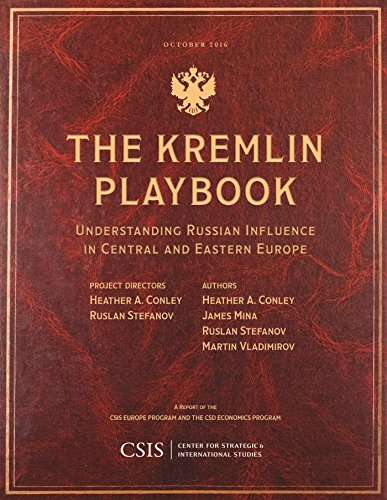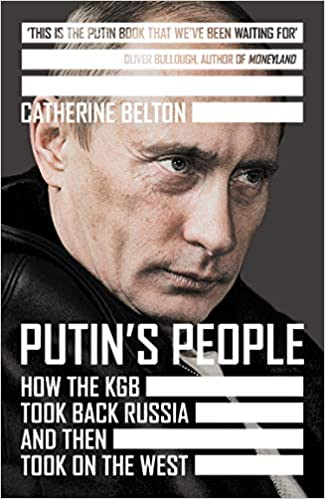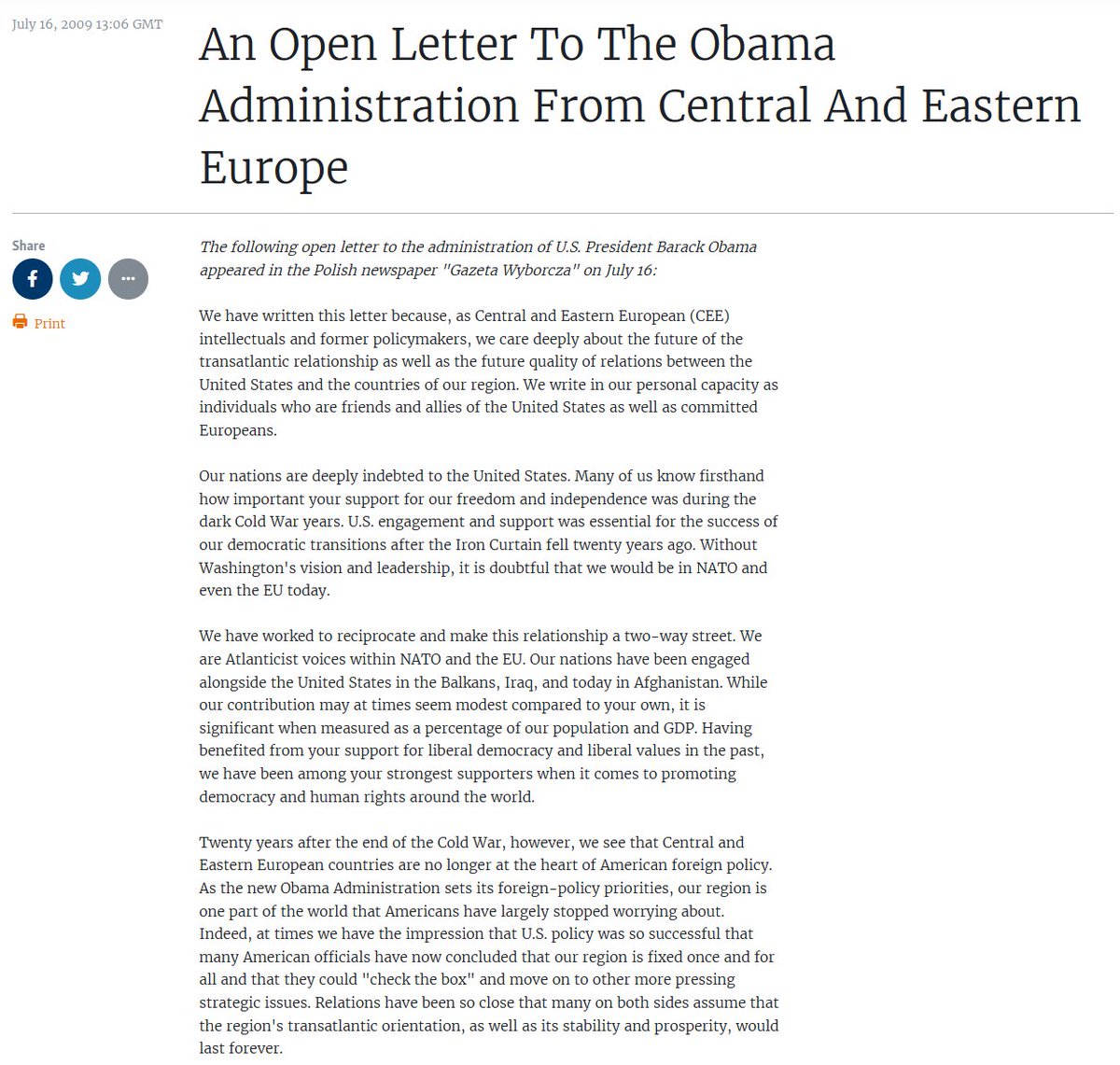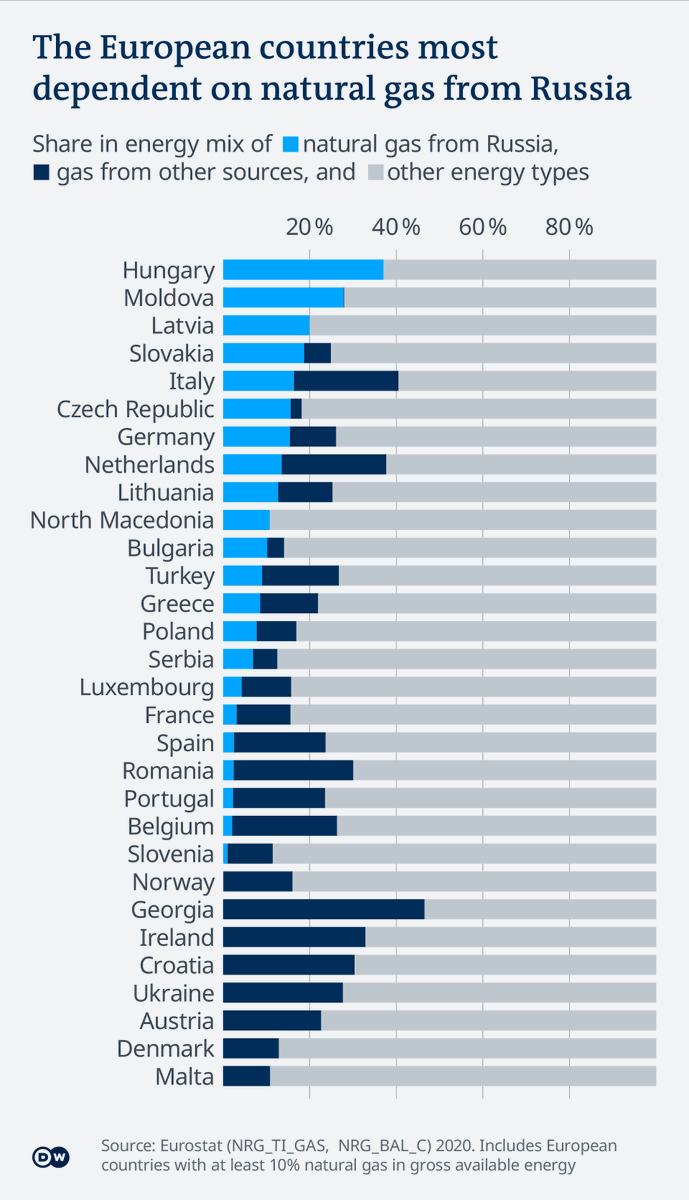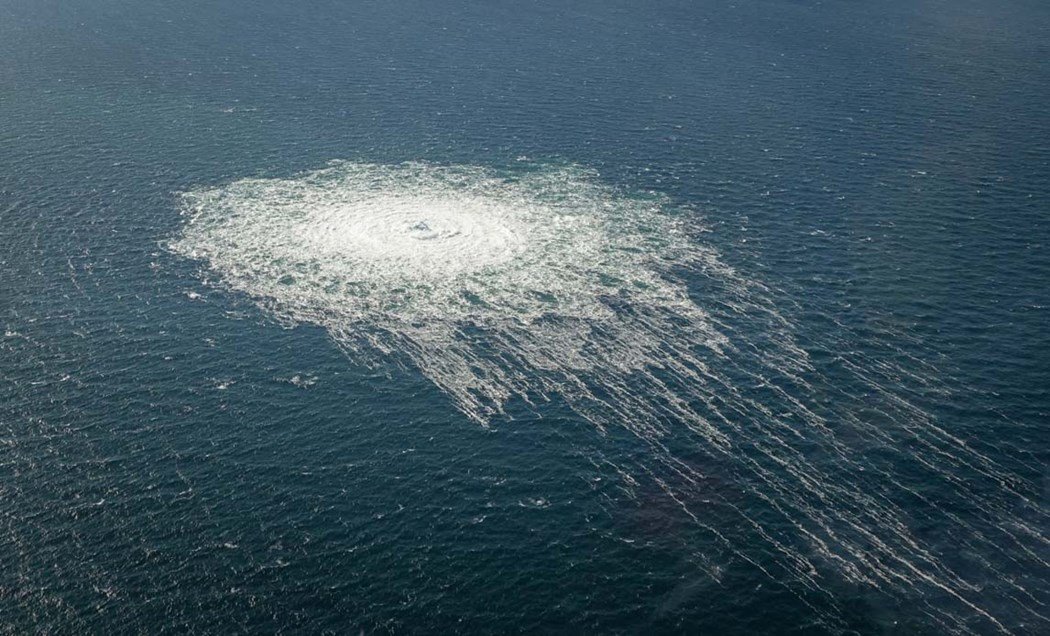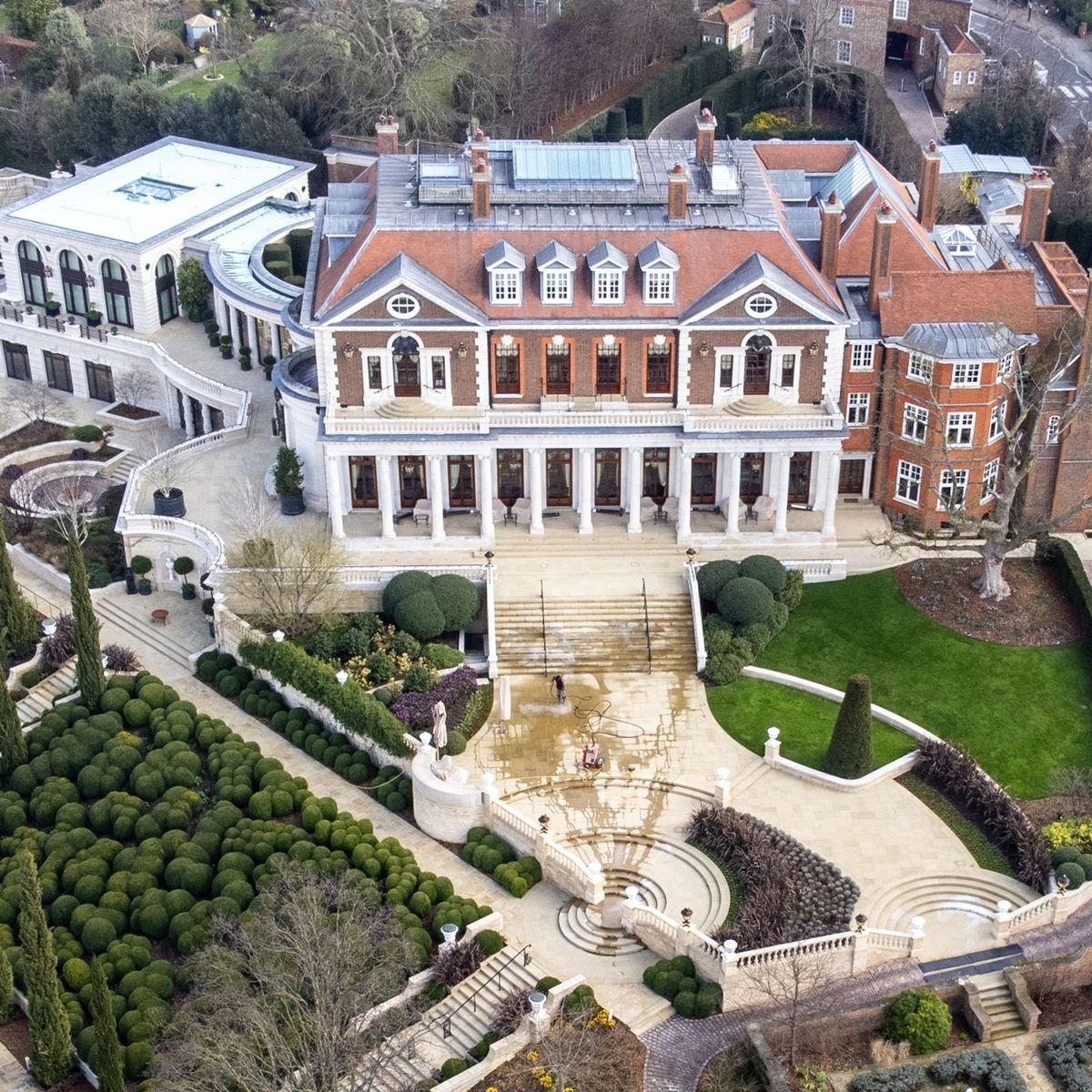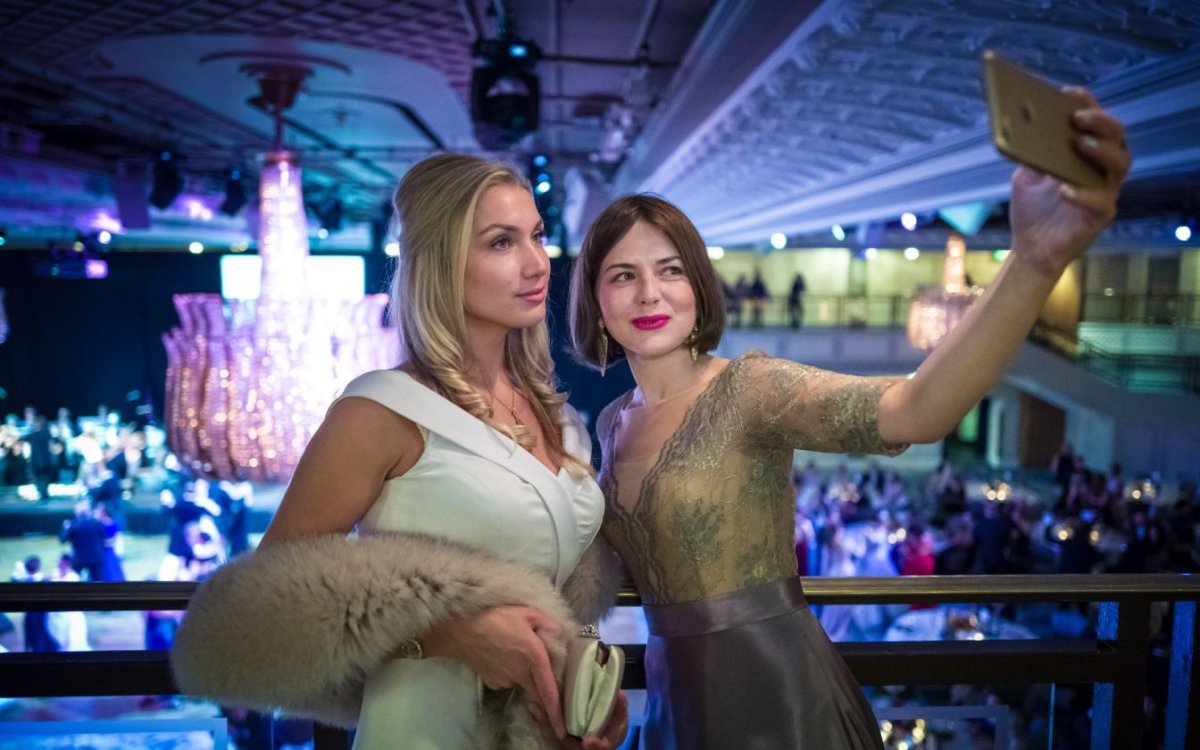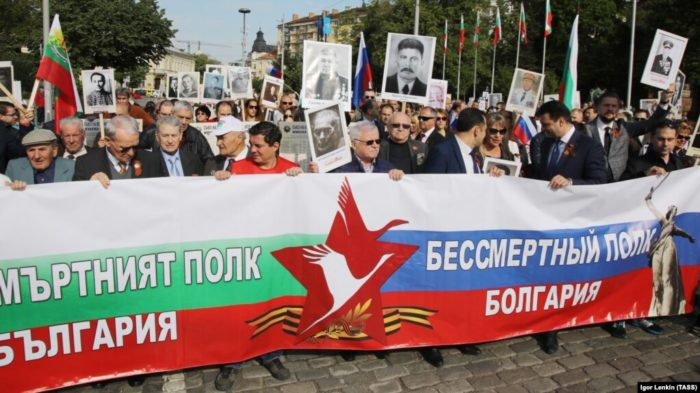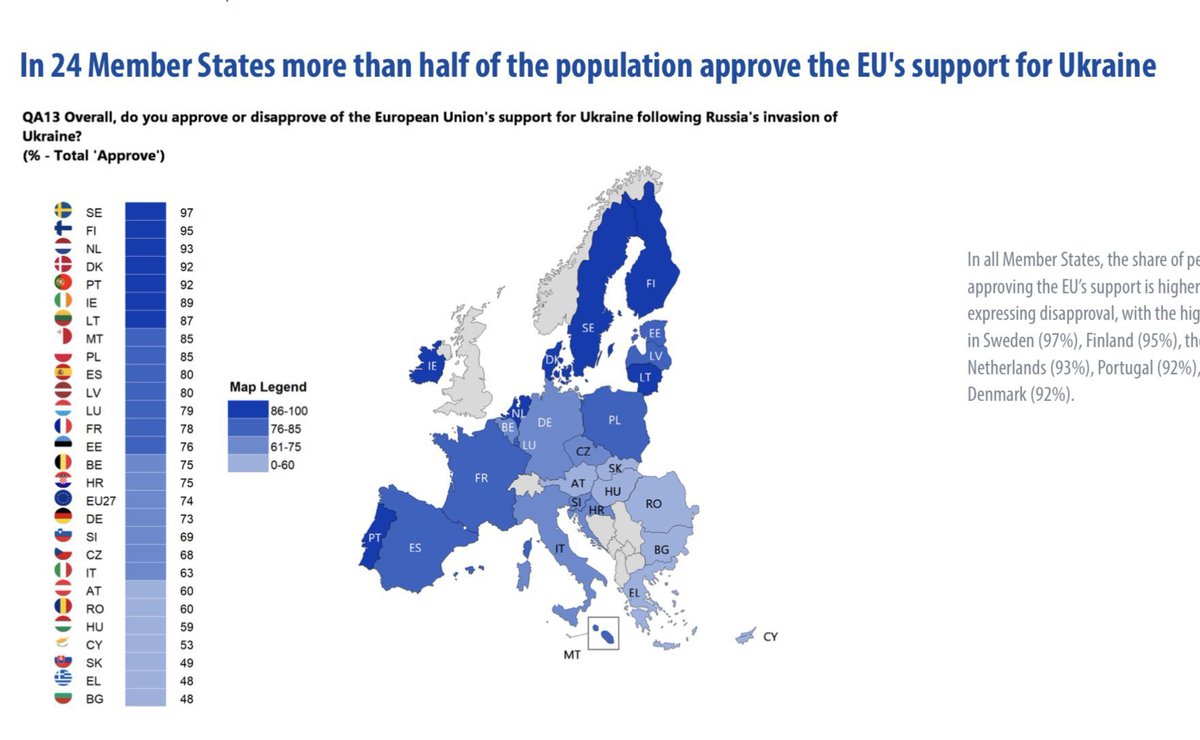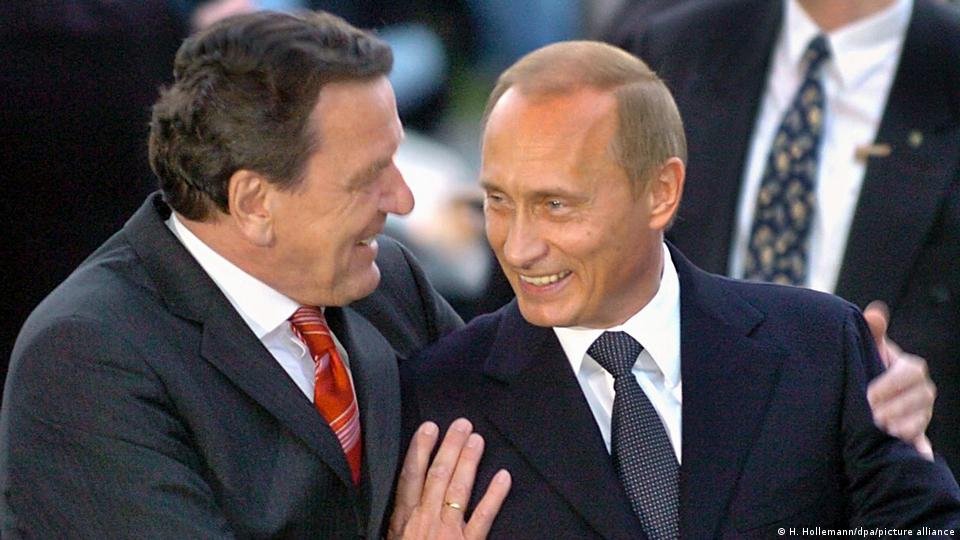Soup 75, January 16, 2023
Putin’s web
In today’s #vatnik soup I’ll discuss how Russia and Putin influenced politics and attitudes in European countries since (at least) 2007 by investing into the energy, financing and the real estate sectors.
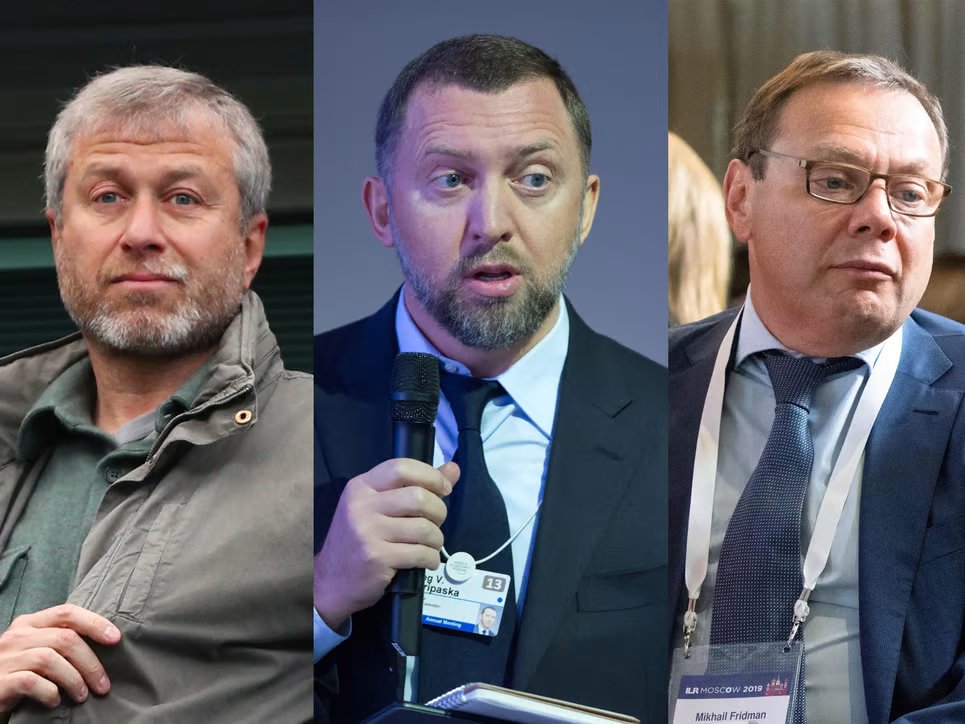

In the early 2000’s, there were signs that Russia wanted to become closer with the Western world, but they just exported their kleptocratic system into the West instead.
In 2009, a group of Central and Eastern European politicians wrote an open letter to Barack Obama.
In 2009, a group of Central and Eastern European politicians wrote an open letter to Barack Obama.
… in a country, large state revenue was usually involved. This provided incentive for the politicians to support the projects, as some of the funds also benefited the country (or in case of corruption, the politicians).
After the politicians were corrupted with Russian money, the dependency grew again stronger. Russia didn’t want to raise too many concerns, which is why they did most of the financing via offshore companies and front organizations.
To handle all this incoming money, many dubious companies that managed money flow from Russia have emerged in the UK and in the Netherlands.
In Bulgaria the Russians were looking for anti-US/NATO politicians and funded their parties.
In Bulgaria the Russians were looking for anti-US/NATO politicians and funded their parties.
Because of this “economic war” so many European countries were screwed after Russia’s invasion of Ukraine. They wanted to condemn their actions, but they also had to consider the dependency on Russian energy and/or money.
Their whole economic model is based on Russia’s energy imports and goods exports to China, which is why this transition will be extremely painful for them.
But in a German way, they have been extremely effective in eliminating the use of Russian energy.
But in a German way, they have been extremely effective in eliminating the use of Russian energy.
Of course this economic war was just one aspect of Russia’s influence operations in the West. As I have written before, they also invested huge sums into propaganda and espionage.
18/18
18/18

